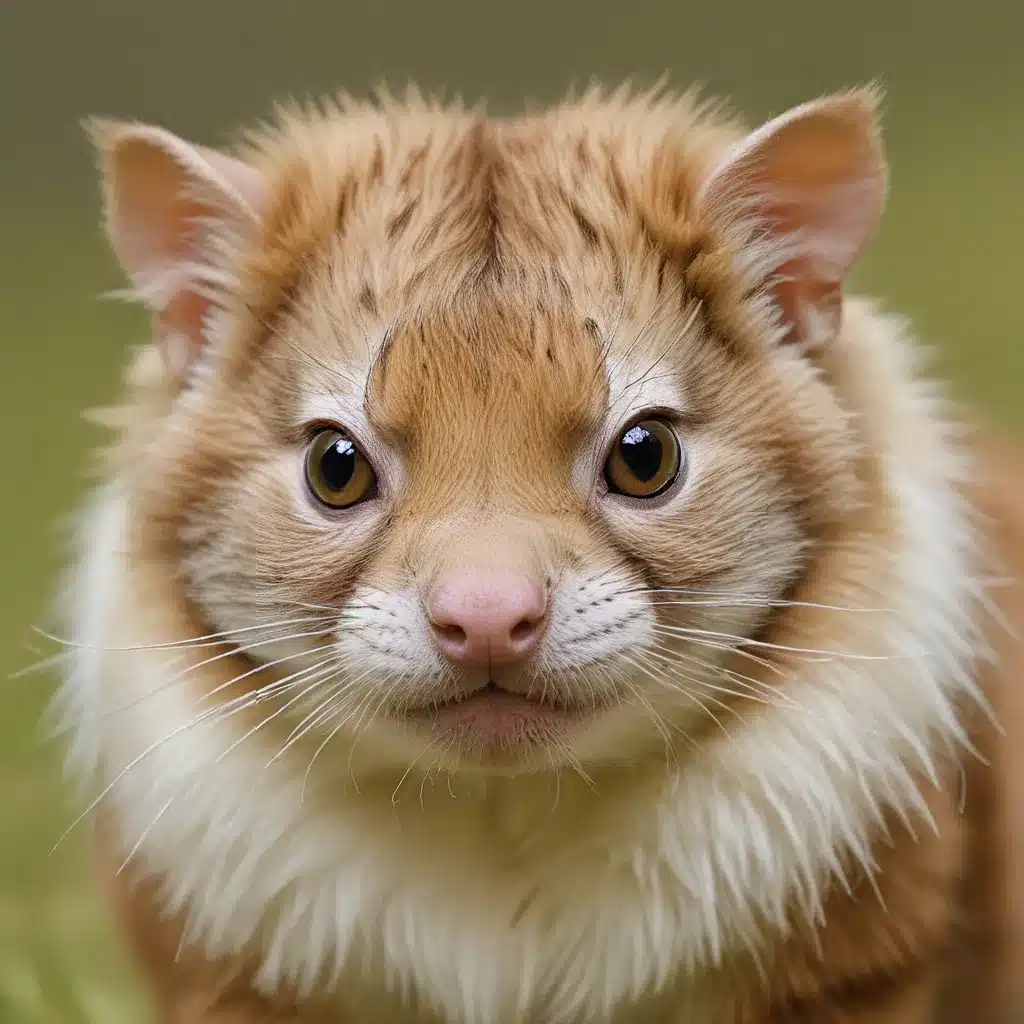
The Unseen Consequences of Exotic Pet Ownership
Ah, exotic pets – the alluring creatures that captivate our imaginations and stir our hearts. From the majestic big cats to the mesmerizing reptiles, these animals have a way of enchanting us, don’t they? But have you ever stopped to ponder the complex web of ethical dilemmas that often lurk beneath the surface of the exotic pet trade?
Prepare to dive deep into the rabbit hole (or should I say, the snake pit?) as we uncover the shocking truths behind the breeding practices that fuel this lucrative industry. It’s time to navigate the ethical minefield and confront the unseen consequences of our desire for these unique, fascinating companions.
The Illusion of Exotic Pet Ownership
Let’s start with a harsh dose of reality: the world of exotic pet ownership is often shrouded in deception and misinformation. Sure, those viral videos of adorable baby tigers, pythons, and lemurs may have you itching to bring one home. But the truth is, the vast majority of these animals are not suited for life in captivity.
Many exotic species have highly specialized dietary, environmental, and behavioral needs that are nearly impossible to replicate in a domestic setting. And let’s not forget the potential for public safety issues – a full-grown tiger or venomous snake in your living room is a recipe for disaster, no matter how tempting it may seem.
Golden Exotic Pets understands the allure of these remarkable creatures, but we cannot ignore the ethical minefield that surrounds their captivity. It’s time to shatter the illusion and confront the harsh realities of the exotic pet industry.
The Dark Underbelly of Breeding Practices
Now, let’s delve into the murky depths of exotic pet breeding. It’s a world that’s often hidden from public view, but the consequences can be truly devastating.
Far too many exotic animals are bred in deplorable conditions, with little regard for their well-being or the long-term implications of their captivity. Puppy mills, but make it scaly. These breeding facilities prioritize profit over the welfare of the animals, leading to a host of issues, from genetic disorders to behavioral problems.
And the disturbing part? Many of these animals end up in the hands of well-meaning, but uninformed, pet owners. Suddenly, the dream of owning a majestic exotic pet becomes a nightmare, as the new owners struggle to meet the specialized needs of their new companion.
The Ethical Dilemma of Exotic Pet Breeding
So, what’s the root cause of this ethical minefield? It all boils down to the fundamental tension between our desire for exotic pets and the realities of their captivity. We’re captivated by their beauty and mystique, but we often fail to consider the consequences of our actions.
Philosophers have long grappled with the ethical implications of our treatment of animals, and the exotic pet industry is no exception. Do we have the right to deprive these creatures of their freedom and natural habitats for our own personal enjoyment? And what about the welfare of the animals themselves – are we truly capable of providing them with the care and enrichment they require?
These are the thorny questions that keep animal welfare advocates up at night. And as exotic pet enthusiasts, we have a responsibility to confront these ethical dilemmas head-on.
The Path Forward: Ethical Alternatives and Responsible Ownership
But fear not, the story doesn’t have to end in doom and gloom. There are glimmers of hope in the world of exotic pet ownership, and it all starts with a commitment to ethical practices.
For starters, responsible ownership is key. This means thoroughly researching the specific needs of any exotic pet you’re considering, and ensuring you have the resources and expertise to provide them with a safe, enriching environment. It’s a tall order, but the well-being of these animals depends on it.
And for those who can’t commit to the demands of exotic pet ownership, there are ethical alternatives to consider. Supporting conservation efforts, visiting reputable zoos and sanctuaries, and advocating for stronger regulations in the exotic pet trade can all make a meaningful difference.
As we navigate the ethical complexities of exotic pet ownership, it’s crucial to remember that our actions have far-reaching consequences. Every decision we make, from the pets we purchase to the causes we champion, has the power to shape the future of these remarkable creatures.
So, let’s embrace our role as ethical guardians and work together to create a brighter, more sustainable future for the exotic pets we so dearly love. The path forward may be challenging, but the rewards are immeasurable.

